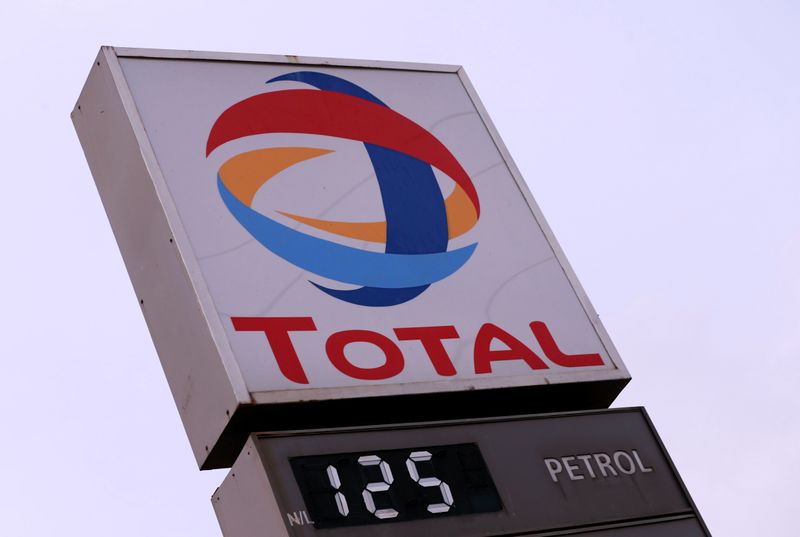By Bate Felix
PARIS (Reuters) - Energy major Total (PA:TOTF) is among several power suppliers that tried to declare force majeure on buying nuclear power from EDF, sources said, as the coronavirus outbreak has pushed prices in the French electricity market far below existing contracts.
France's energy market regulator CRE said last week it had rejected requests from several unnamed power suppliers to activate the force majeure clause in so-called ARENH contracts which allow them to buy EDF's nuclear power at a fixed price.
The CRE did not say which suppliers declared force majeure, but three sources told Reuters that Total, EDF's (PA:EDF) biggest rival in France's retail power market, led the move.
EDF and Total declined to comment.
A spokesman for Engie (PA:ENGIE), the other major player in the French electricity market, said it had not declared force majeure on its ARENH contract.
Under the so-called ARENH mechanism set up in 2011 to foster competition, EDF's rivals can buy up to 100 terawatt hours (TWh), or about a quarter of its annual nuclear output, at a fixed price of 42 euros ($46.29) per megawatt hour (MWh).
State-controlled EDF operates France's 58 nuclear reactors that account for around 75% of the country's electricity needs.
During the annual auction last November, high power prices in the European wholesale market saw strong demand from the ARENH mechanism for delivery in 2020.
But the coronavirus outbreak and a general confinement ordered by the government to curb its spread has led to a sharp drop in electricity demand by around 15% to 20%, according to French electricity grid operator RTE.
Due to the fall in power consumption, wholesale prices are far from the 42 euros/MWh suppliers paid for the ARENH contract. France's baseload power contract for June delivery
THE MARKET HAS TANKED
"The market has completely tanked," said one of the sources, adding that the pandemic had led to an exceptional situation which if not dealt with could break the principle of the ARENH contract, which aims to create a level playing field between EDF's commercial arm and rivals.
France's energy market regulator CRE said in its statement last week that EDF had rejected the force majeure declaration.
The CRE added that regulators considered that force majeure could only apply if a buyer succeeded in demonstrating that its economic situation made it completely impossible to fulfil the ARENH payment obligation, which in its opinion, was not the case in this situation.
CRE said it could not suspend the ARENH contracts in their totality because that would benefit suppliers at the expense of EDF.
EDF has argued over the years that it wanted the government to scrap the ARENH mechanism because it is advantageous to rivals which buy from it when wholesale power prices are high, but turn to the market when prices are low.

The French government has launched a plan to reform the electricity market including the ARENH mechanism.